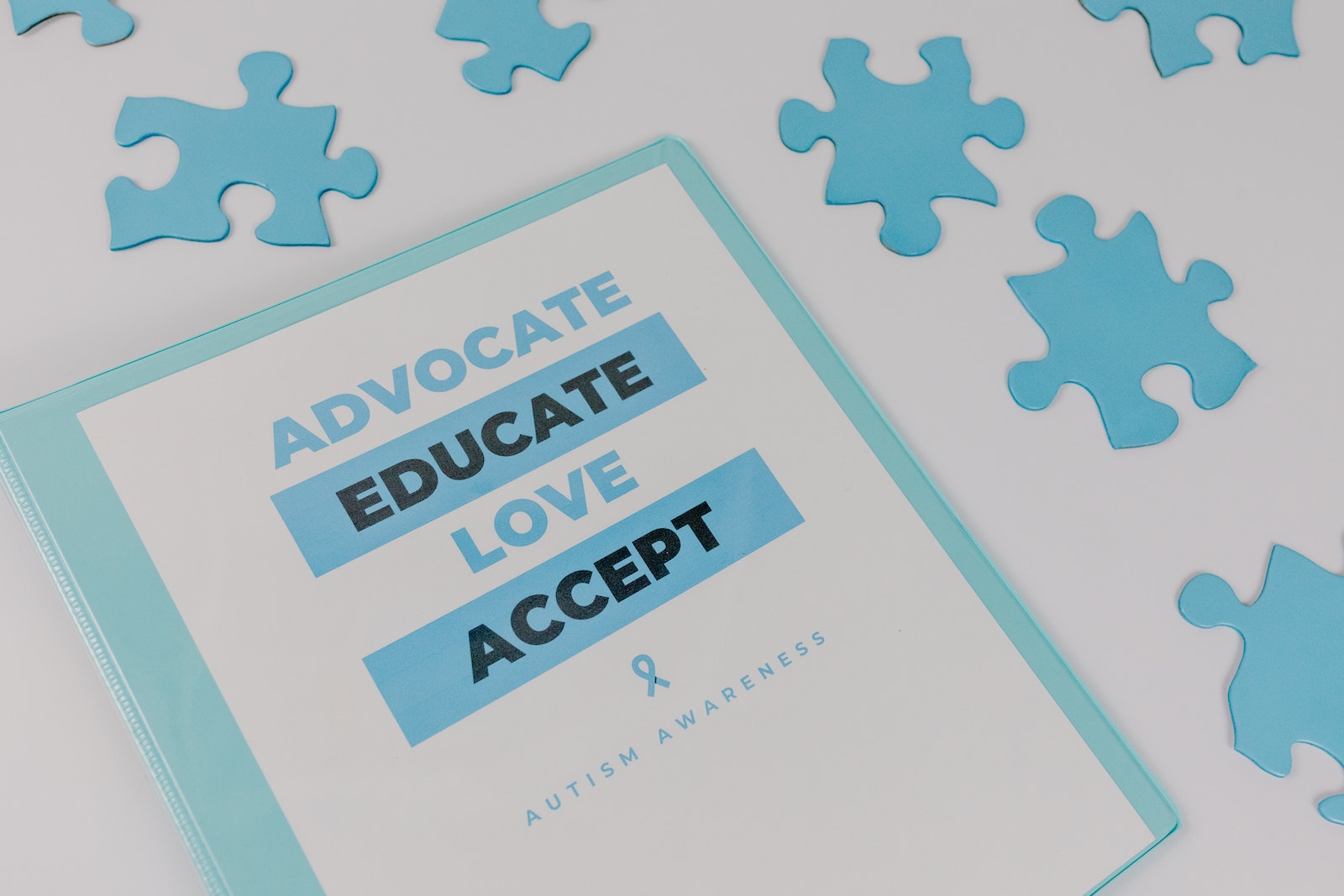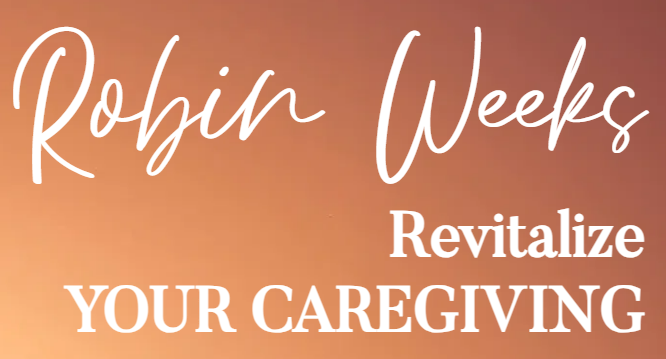ADVOCATE: a person who publicly supports or recommends a particular cause or policy.
A champion, supporter, backer, apostle
My mother lay in the ER with what was probably a UTI, old people get them frequently and they frequently escalate to this. By the time I got there a nurse had already inserted an IV into her vein and started fluids to hydrate her. She was a bit confused, also caused by the UTI. I had been through all this several times with her.
I looked at her hand where the IV was inserted and it was completely black and blue and swollen! Yes, old people have thin skin and bruise easily, but this was awful. There was no one in the room with her so I went looking for a nurse. Finally, a male nurse came in and I asked about the serious bruising on her hand. He discounted my concerns telling me they had trouble finding a vein. I asked why did they not try the other hand rather than continuing to poke this one and making it worse. He once again discounted my questions.
We waited, and waited, and waited. I would wander out to the doorway looking around for the ER Dr. or someone to come and check on her. Nothing! Finally, after about one hour and forty-five minutes the ER Dr. casually wandered in telling me she probably had a UTI and they would get a urine sample. That happened about an hour later.
She did have a UTI, and they said she could go home if she could walk on her own. What that looked like was two nurses holding her up while she walked across the room. I took her back to her assisted living apartment only to have the Dir. of Nursing tell me she could not stay alone as she was not strong enough.
OK, so why the long story? Because if you are not with your elderly parent when they go to the ER, hospital, or a Dr. there is no one to advocate for them. These places are scary and confusing to the elderly. They are scary enough for us! Just imagine you are already confused, dehydrated, and left alone for hours with lots of bright lights shining down on you.
When you become the caregiver for another person you also become their advocate. You are the person who looks after their well-being in most situations. To be the advocate means that you acquire a lot of knowledge about their health, wishes, likes, and dislikes. You know their history, behaviors, moods, their personal story and all about their family and friends. You are the one who steps in when they can’t advocate for themselves.
It’s a big responsibility to advocate for another person. You will do research on the medications prescribed and ask questions, you will interface with the healthcare staff in assisted living to be sure they are eating well and when they don’t, you’ll bring them some favorite foods. You will “spring” them out of rehab early to go back to their residence because they are depressed and lonely. Then you will follow up with the physical therapist and sometimes show up for their sessions to be sure they are at least trying to get stronger. You will be “their person” when they are in the ER or hospital. There to meet with the Dr., nurses and to make sure they are getting the attention they deserve. This is extremely important because many ER’s and hospitals discount the needs of the elderly.
When people are in their late 80’s and have lost a spouse, they can become more reliant on the caregiving family member for emotional support. While we may want them to go back to who they were, they will not, and we must adjust to the new normal. Because of this our role as their advocate becomes even more important. While respecting their dignity and intelligence we can quietly be in the background advocating for their care, well-being, physical space, health, and nutrition. It’s a fine line because they still have choices if their cognitive ability is not impaired. And, sometimes we think we know what is best.
As their advocate you will need to develop some key skills.
Pay Attention: if you are with them frequently you will note changes in their mood, behaviors, eating habits or the services they are receiving if living in a care facility or getting in home care. It’s a good idea to keep a journal or use an app to keep notes of these things. Establish what you learn as their baseline behaviors, ability to communicate and understand and mental state. As they age these things will change so keeping good notes is important.
Stay Organized: some of us are naturally better at this than others. You or other family members will at some point need to manage legal, financial, and healthcare decisions. Putting together your caregiving team is an important part of this process. Choose people with the right set of skills and time to do these things and establish ground rules. You will need to stay on top of medications. There are multiple apps for this https://www.aarp.org/home-family/personal-technology/info-2019/top-caregiving-apps.html
There are also apps for your phone for keeping medical records and sharing with team members.
Communicate: this is crucial. How you communicate with all the providers involved in the care of your loved one will get you the answers you need. Learn to ask questions and don’t assume. Be prepared for meetings with legal, financial, and healthcare by doing some homework and coming with your questions. It’s easy when you are in a crisis to let your emotions take control. Practice breathing techniques to get them out of the picture.
Gather Information: stay informed about their medications, healthcare, and progress if in physical therapy or rehab. You may not always get the answer you need, be persistent and look for another source.
Mindset: this, while last on this list, is most important. It is a key component to your self-care. Caregiving is hard, you will make mistakes, you will have conflicting emotions, you will be tired. BUT how you shift your Mindset will make all the difference in the world. Always work towards the best outcome for your loved one and yourself.
As for my mother’s ER visit and subsequent return to her residence when she should have been admitted, I stayed the night with her, and she did get better. My lesson learned was that the ER is for saving lives and if someone’s life is not threatened, they will go home. And, if they are quite old, they will not get the immediate attentions they deserve. I learned and the next time she went to the ER I was armed and ready to stand for her needs! I was persistent, I looked for someone who could help and give me answers to my questions and I was prepared with experience and knowledge about how the system worked. I also wrote a letter to the CEO of the hospital advocating for an Ombudsperson for elderly patients.



